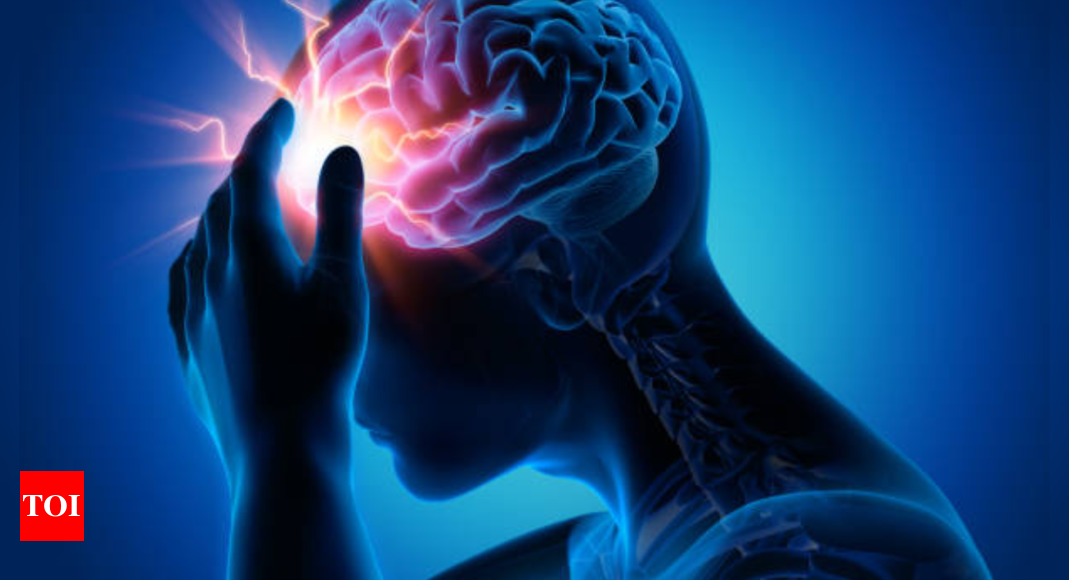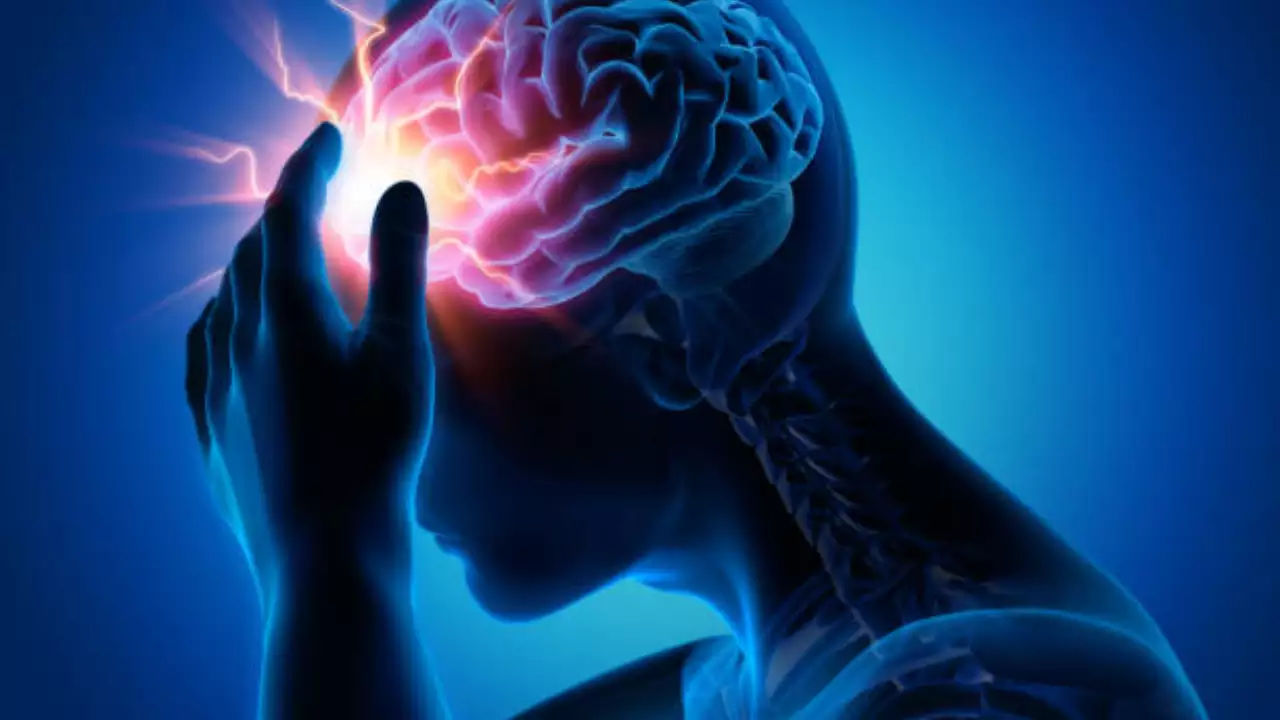Globally, only 11 people have recovered so far from the brain eating amoeba disease
Only 11 people worldwide have recovered from amoebic meningoencephalitis, the state health minister said, praising the team that led the coordination and treatment efforts.
How was the boy treated?
Health workers at the Primary Health Centre in Melady in this district suspected that the boy’s symptoms might be meningoencephalitis and alerted the authorities. “The boy had an epileptic seizure and was admitted to a private hospital in Kozhikode on the same day. The Health department provided Miltefosine medicine (a broad-spectrum anti-microbial used to treat free-living amoeba infections), and he recovered after three weeks of treatment. Early detection and access to available treatments contributed to his recovery,” the statement said.
What is amoebic meningoencephalitis?
A highly rare but extremely lethal central nervous system infection, amoebic meningoencephalitis, has been identified as a threat to human health. It is caused by amoebae, typically Naegleria fowleri, found in warm freshwater environments like lakes and hot springs. This amoeba enters the body through the nose, usually during activities like swimming or diving, and travels to the brain, causing inflammation and destruction of brain tissue.
Dengue: Early signs and preventive measures to stay safe
The infection progresses rapidly, with initial symptoms resembling those of bacterial meningitis, including headache, fever, nausea, and vomiting. As the amoeba destroys brain cells, additional symptoms such as confusion, seizures, and coma may occur within a few days. Sadly, amoebic meningoencephalitis is difficult to diagnose early due to its rapid progression and similarity to other infections.
(With inputs from PTI)
Source link
Modified by Maaaty at Cheap Generic Pharmacy


